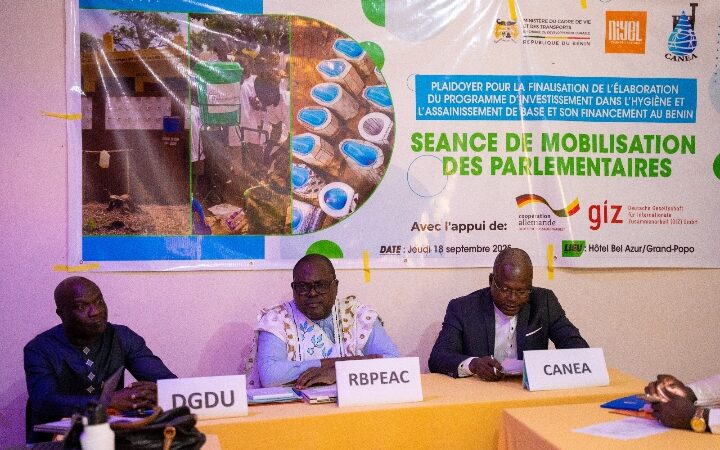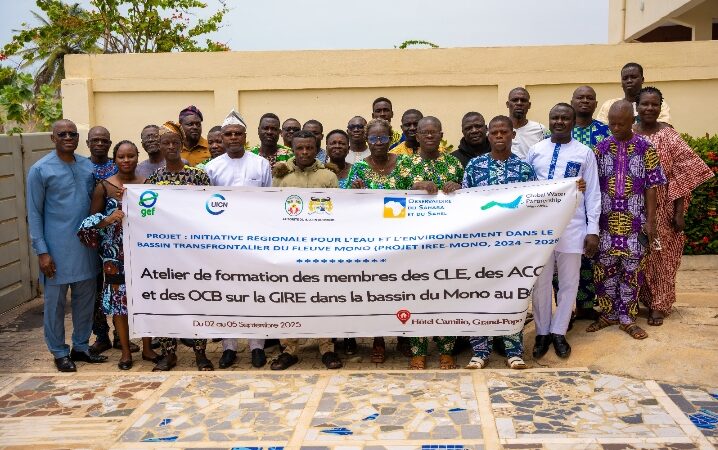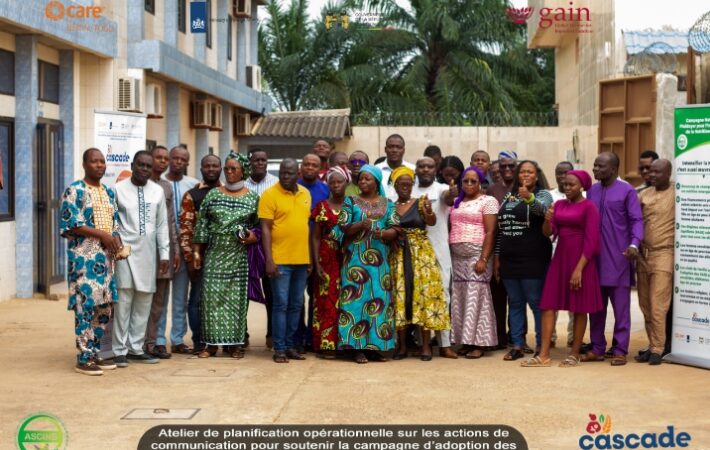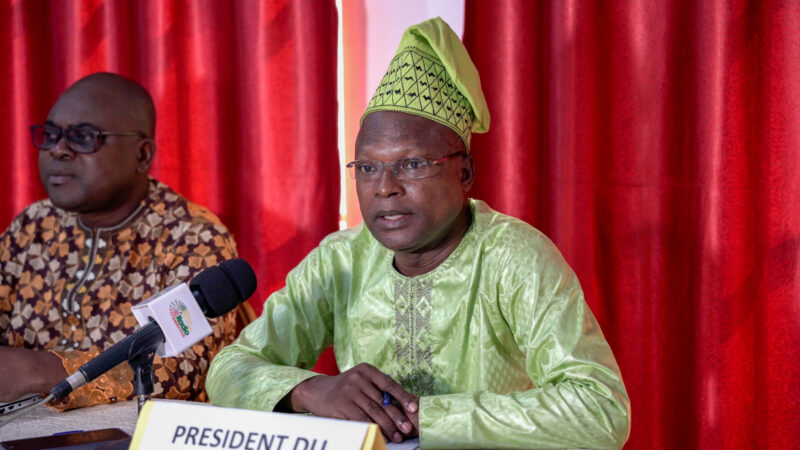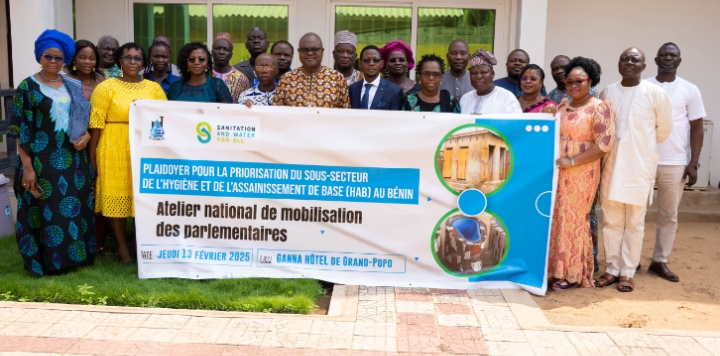The urgency of necessary coordination against the Mpox epidemic in Africa“When elephants fight, it is the grass that suffers”
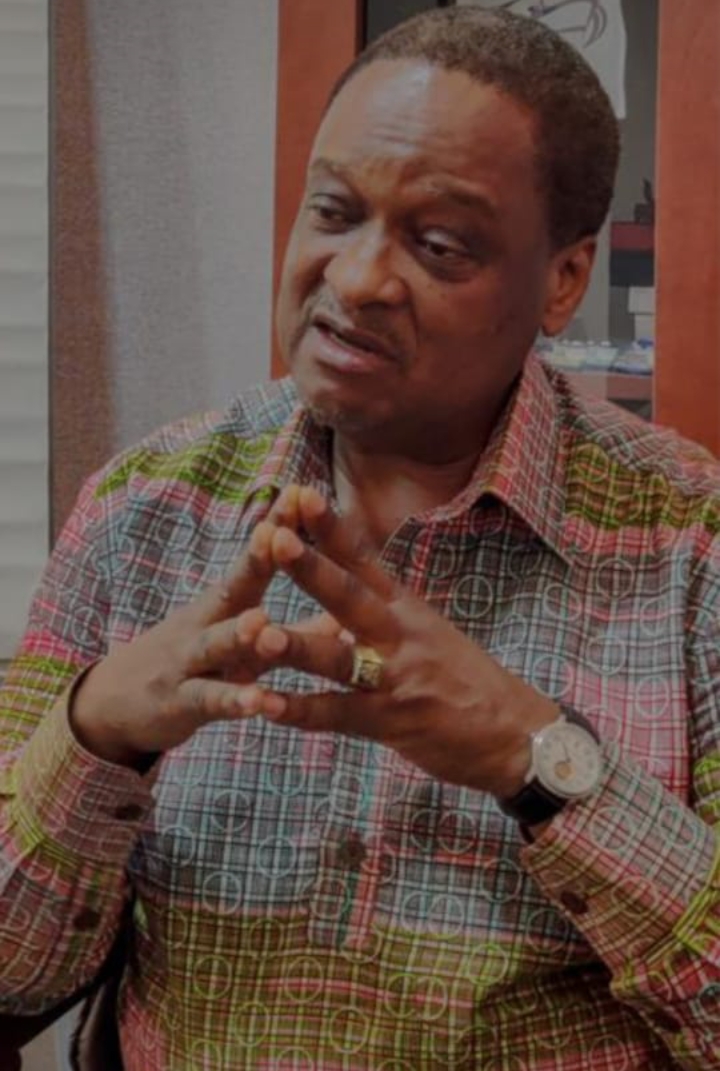
Responding to the public health challenges of international concern requires coordination, harmonization and above all alignment with national policies and strategies because the response is the responsibility and involvement of countries, governments and especially the concerned populations.International, regional or inter-country institutions, NGOs and private foundations, the United Nations system and the private sector must all, and each according to their mandate, support the governments.
Africa has already reported the highest number of cases of monkey pox (Mpox) in more than fifteen countries. It should also be noted that the number of cases will increase because case detection and surveillance are better organized. In this context, global health observers question the decisions or parallel strategies initiated by institutions supposed to guide the international response, advise and support countries’ efforts against Mpox.
Mpox is an international public health problem which today concerns thousands of people in Africa, a continent with multiple health challenges, including several epidemics and also suffers from the consequences of climate change and instabilities linked to conflicts of diverse nature, worsening of inequalities and growing poverty.It is urgent that all actors and partners involved in health in Africa coordinate their efforts to strengthen the effectiveness of interventions to better prevent, detect, and effectively control current and future public health challenges in Africa. For example, it is important to highlight facts that have caught the attention of health experts in Africa and that go against international coordination in response to Mpox epidemic:

1.Declaration of the Mpox as a Public Health Emergency of International Concern: The African Union mandated the Africa CDC to make such a declaration, while the WHO, through the International Health Regulations (IHR) 2005, has the international authority and thus the legitimacy to make such a declaration, knowing that all African states have ratified the IHR. On August 12, 2024, a first declaration was made by the Africa CDC, and on August 14, it was the WHO’s turn.
2. Case notification for reliable health information necessary to generate an appropriate and effective response to the situation in each country: The number of Mpox cases reported by the WHO Regional Office for Africa and on the other hand by the Africa CDC, is sometimes inconsistent. This seems to be related to the existence of a non-harmonized data collection system in the countries and the parallel publication by the two institutions against joint publication.
3. The almost simultaneous publication of Mpox epidemic preparedness and response by WHO at global level, the Africa CDC and the WHO Regional Office for Africa at the continental level: These three guides will not facilitate the work of field actors at country level. Responding together to health challenges in Africa must be a collective commitment.Mpox epidemic is a threat that requires coordinated national and international responses, accompanied by active solidarity among stakeholders, partners, nations, and peoples. Let us embrace the popular saying: ‘If you want to go fast, go alone, but if you want to go far, go together”.
Dr Pierre M’PELE
Associate Professor of Public Health
African Public Health Advocate
@Mpelekpierre , Linkedin.com/fr/pierrempelé


